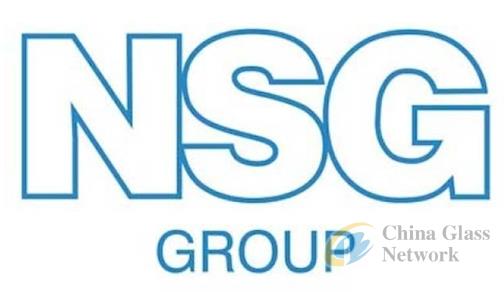Post Time:Jun 15,2016Classify:Company NewsView:664
Nippon Sheet Glass has developed automotive glass that blocks out almost all ultraviolet rays, including those that can penetrate the skin deeply.

Nippon Sheet Glass shields car passengers from UV rays
UV rays are classified by wavelength. UV B rays have short wavelengths of 280 nanometers to 315nm and are thought to damage the skin and cause sunburns and freckles. UV A rays are longer, with wavelengths of 315nm to 400nm, and are thought to hasten ageing of the skin.
In windshield and front door glass, Nippon Sheet Glass has until now used tempered glass impregnated with an agent for absorbing UV rays and coated the glass with a film that absorbs the rays, thereby eliminating nearly all UV rays. However, this approach was not effective against UV A rays, particularly those with wavelengths of 380nm to 400nm.
The newly developed product, however, stops these longer wavelengths as well. It was achieved by re-evaluating the combination of organic materials in the UV-absorbing film to make windshield and front door glass able to stop the longer-wavelength rays. To accomplish this, the company applied technical know-how cultivated in its optical electronic parts business.
Back-seat glass is often dark to protect privacy, so coating it with an absorbing film is more difficult. For that reason, the company tweaked the combination of inorganic materials used as additives in back-seat glass, enabling all vehicle windows to block UV rays with wavelengths of up to 400nm.
Nippon Sheet Glass plans to first sell the glass to Japanese automakers. It expects the first vehicles equipped with the glass to be released as early as 2017. By 2020, it aims for adoption in five domestic models.
Source: www.glassonline.comAuthor: shangyi